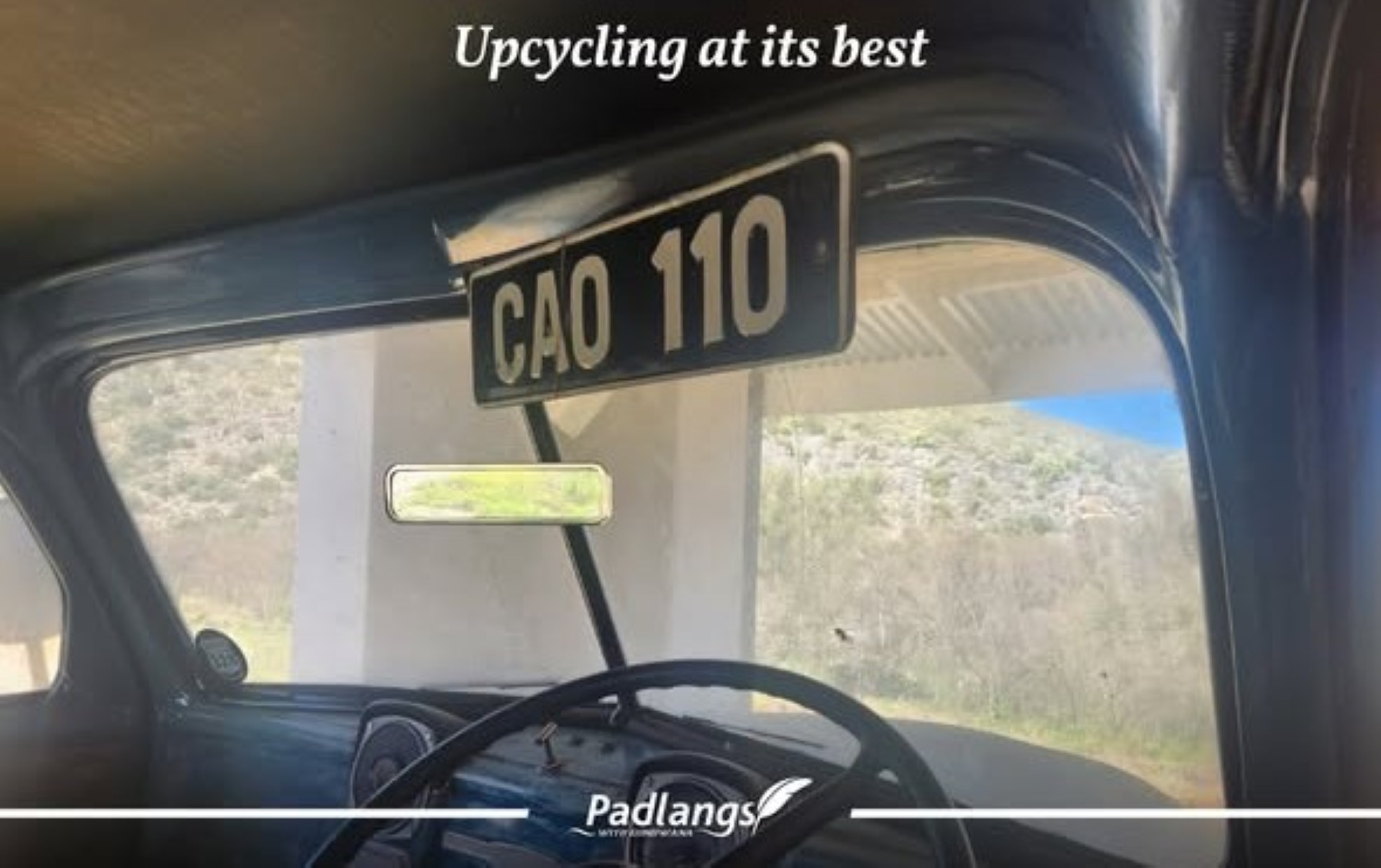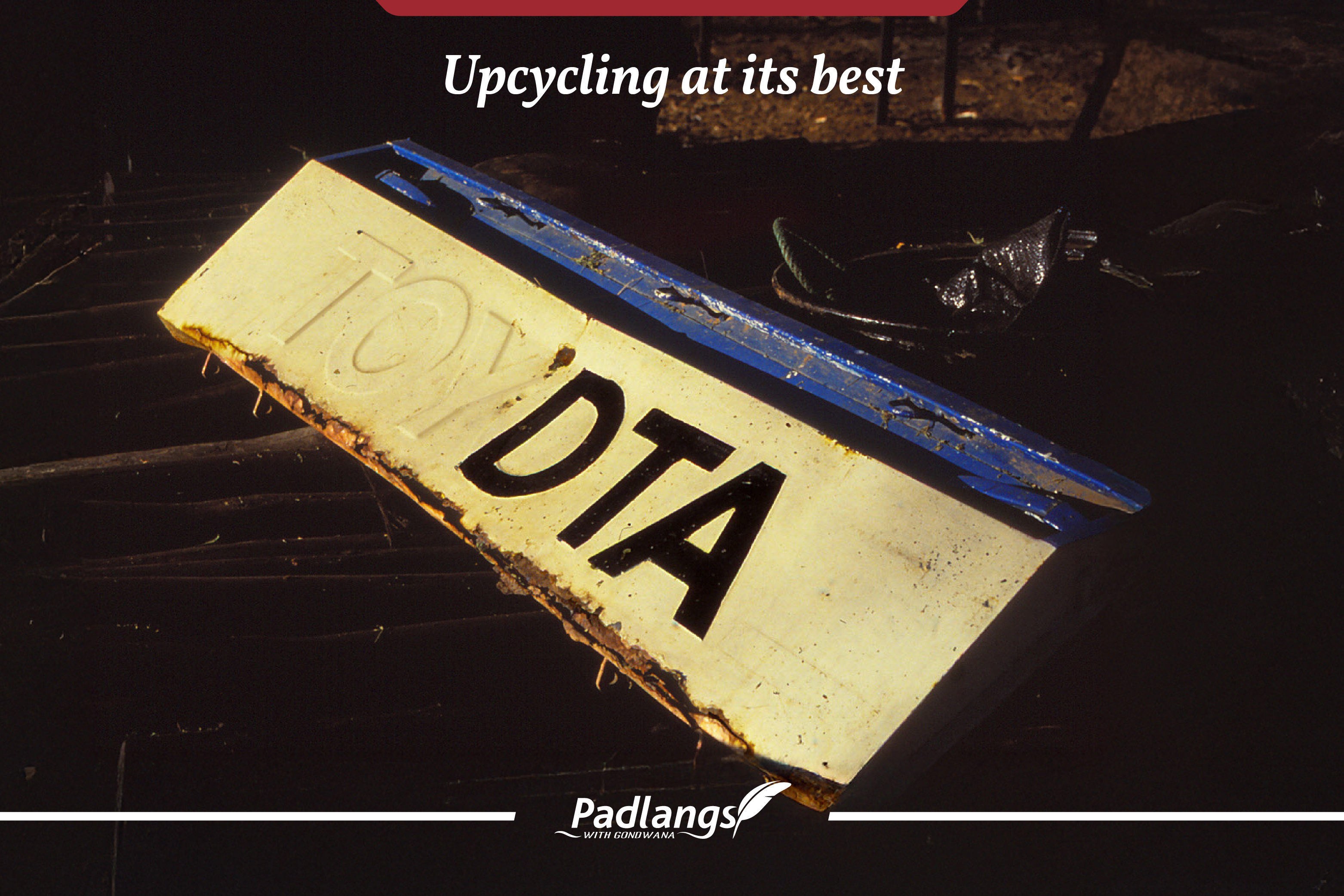Namibia’s donkey carts are the 4x4s of rural Namibia. I came across this wonderful example of upcycling in southern Namibia where the body of an old Austin had been given a second life.
A skilled engineer with a passion for automobiles, Herbert Austin built some of Britain’s first cars at the turn of the 20th century, including the Wolseley, before he founded the Austin Motor Company Limited in Longbridge, England, in 1905. It wasn’t long before he was manufacturing the popular Austin vehicles. During World War I Austin turned his attention to the war effort and with 20 000 employees, mainly women, produced trucks, armoured cars, ambulances and fighter aircraft. He was knighted for his service. At the end of the war, however, he was left with little work and returned to producing cars. The two models manufactured didn’t bring in the necessary funds to maintain the factory and Austin had to decide whether to close down. As the story goes, he left that decision to chance and flipped a coin, heads to stay open and tails to close. When the coin landed heads up, he approached his employees explaining that the problem could be overcome if they were prepared to work for one month without pay. In return they would have a job for life. The Austin Seven was introduced in 1922 and they didn’t look back. The company’s story continued and included another world war and several mergers. Austin died in 1941 at the age of 74. By 1993, the last Austin models had been phased out of the marketplace.
Some of the old cars remain, either as prized vintage models, or upcycled into useful donkey carts, conveying passengers and goods to their respective destinations. I have a feeling that Austin might have liked the idea that one of his automobiles was still in good use a century later travelling along the dusty roads of rural Namibia.
(Reference: History of the Company (austinmemories.com)
You might also like
Copyright 2026. All Rights Reserved by Padlangs, Gondwana Collection Namibia









.png)

SUBMIT YOUR COMMENT